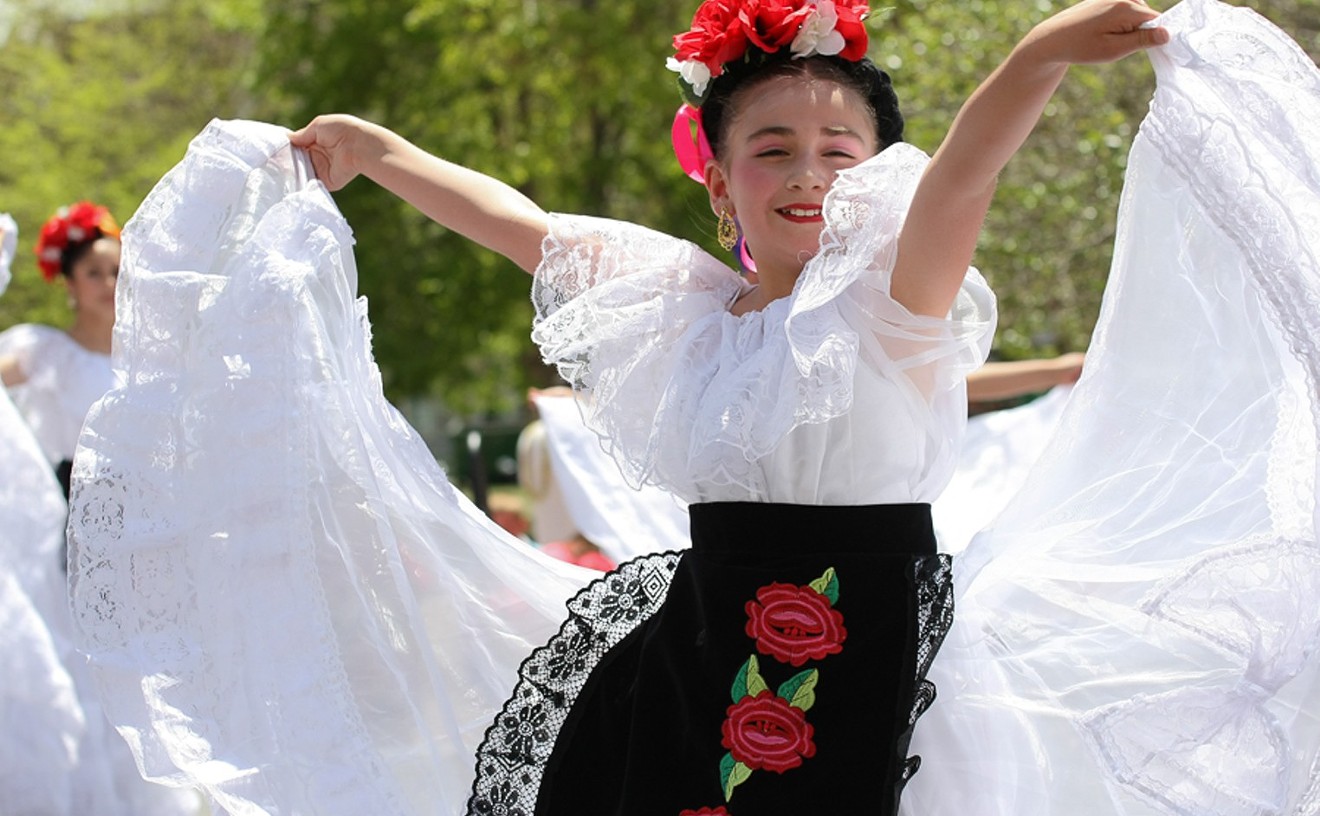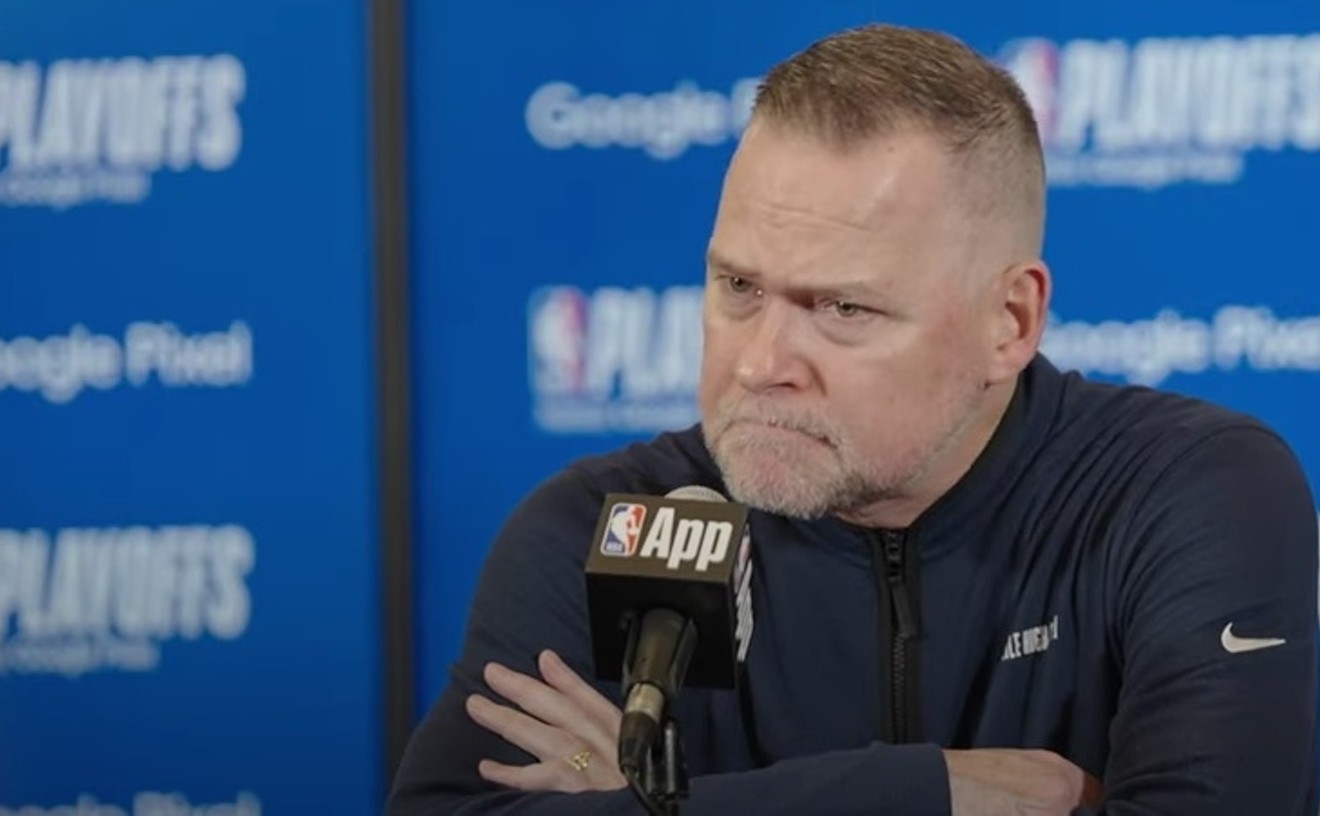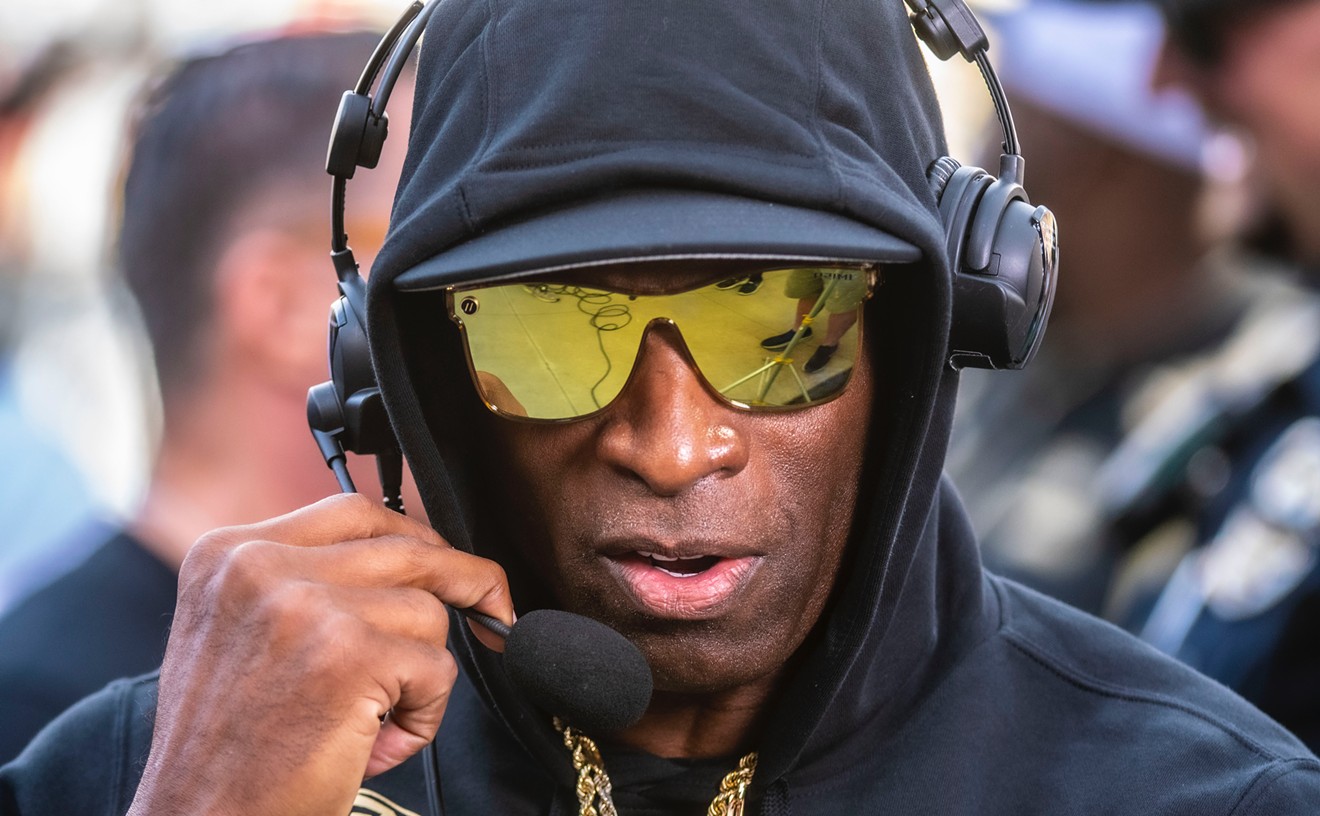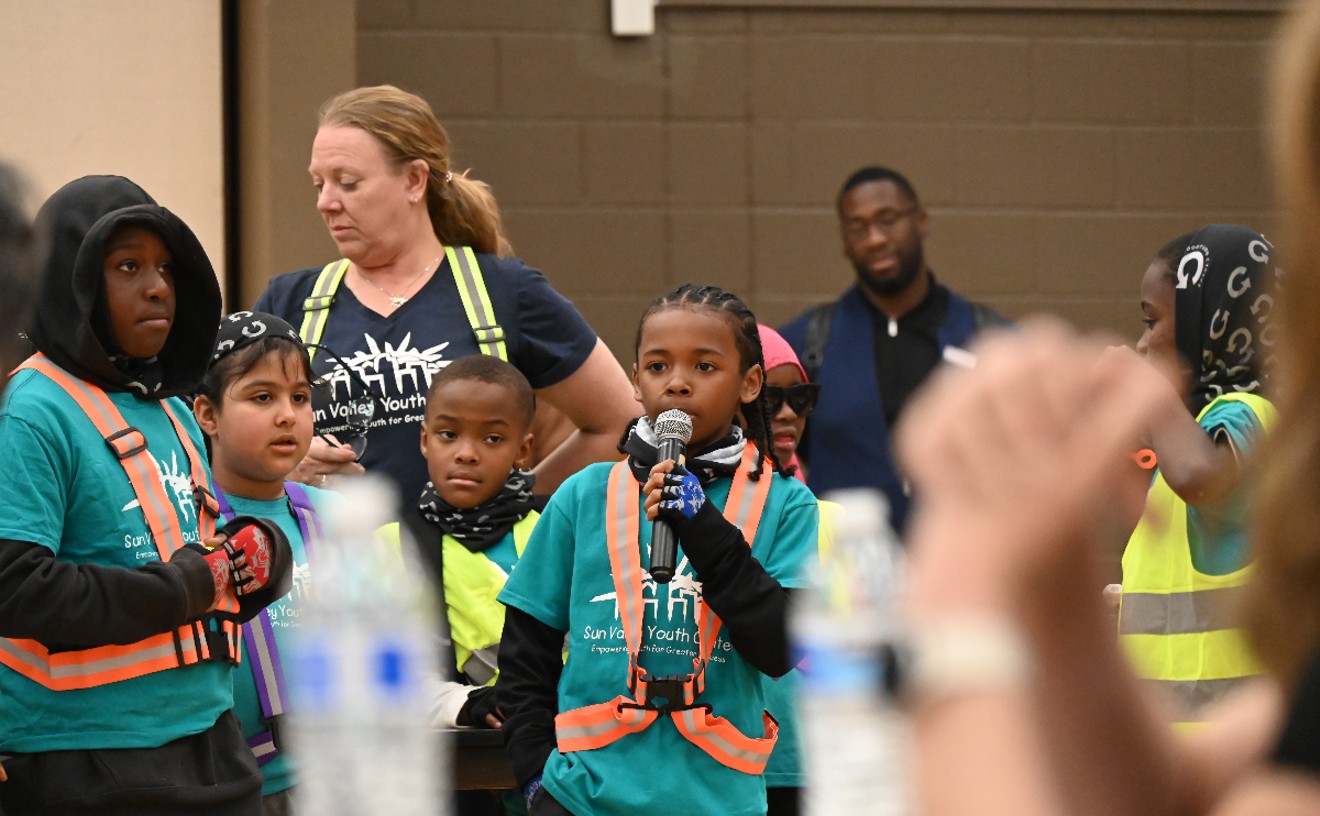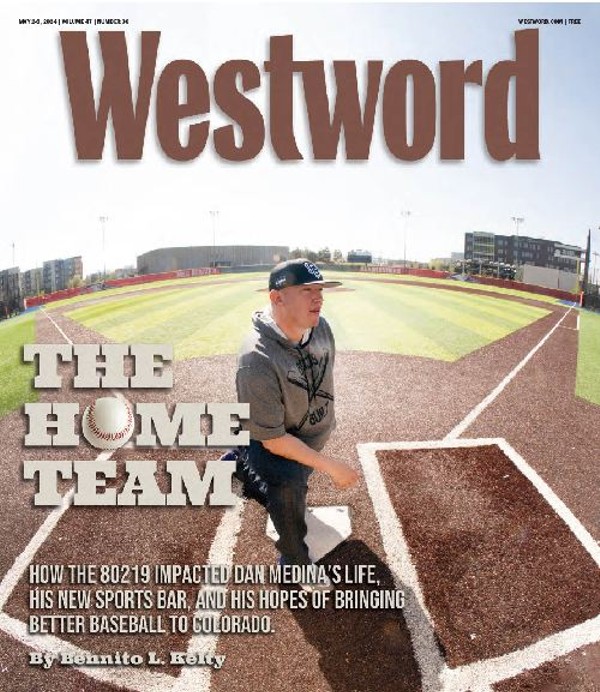The way Ted Alexander says it, professional is a nice word. If you are a piano player, it means this: You sight-read like a dream, know your music theory inside and out, have not just been "taught," but "trained" by a handful of even-more-professionals, and when you are at a gig, even if it's a society evening full of women who smoke cigars, chatter through your solos and rest their drinks on the piano case, you stay serious and thoughtful about the music.
But there are strata even higher than professional. If you practice hard and listen harder, maybe you'll grow into someone like Bill Evans, Alexander's longtime friend and hero. "He was a flat genius," Alexander recalls. "There was no one who played like him." Occasionally, however, another flat genius comes along, so Alexander stays alert.
Kay Ambrose, who teaches piano to kids, is sitting in the studio now, playing Alexander's bright-toned, upright piano. "She is going to be one of the best," Alexander says, after she leaves. A flat genius? Only the next four years will tell.
The student who constitutes the opposite of flat genius--"I think he cares more about football than music," Alexander will say of such a person, or "maybe he just wants to go with his girlfriend or something"--is someone Alexander strenuously avoids. Nor does he have patience for the lackadaisical kids who can't find time to practice, or those who simply lack the propensity. Or perhaps--and in this case there are no hard feelings--their musical interest lies in a genre other than the one Alexander evoked when he wrote his 1950s textbook and called it The Ted Alexander Method of Advanced Perfection in Ultra Modern Piano Playing.
Here's what Bill Evans said about the book, in a scrawled note on its cover: "Ted--you've got the basic vocabulary organized and presented very well here--which is all you can give except for inspiration--perhaps." When Evans wrote this, he was sitting in an after-hours pancake house with Alexander, who had come to see him play at the Senate Lounge on East Colfax Avenue. A few years later, Evans inscribed an eight-by-ten glossy for Alexander: "Ted, you're a genuine artiste!"
Which is exactly according to the plan set in motion by Alexander's mother on the day he was born. Pregnant with Ted in 1918, she saw a vision--"a real vision, not a dream"--of hands playing and heard tantalizing music. When Ted turned five, he began classical piano lessons, which he continued for a decade, until..."I had a job as a busboy," he remembers, "and I went by a nightclub in Boise, and this marvelous piano playing was coming out of it. I went in and saw a black man with a big cigar--he was the one playing--and he said, 'Come on in, boy.' I played him some Chopin, and he taught me some stride piano like Fats Waller played."
More than fifty years later, Alexander continues to practice Chopin every day. "But what I teach," he says, "is improvisation, and that encompasses a lot of things."
Alexander learned this in Hollywood in the 1940s, when he studied arranging and harmony with Spuds Murphy and played with big bands that occasionally made it into the movies. Traveling the country in a tour bus, not sleeping in a bed for nine days at a time, "and getting something like French fries to eat for breakfast, which ruined my health," he played the hot venues in every major town across the country. But his wife, a fellow Greek Orthodox whom he'd met in Denver, was ultimately unimpressed.
"She thought California had too many crazies," Alexander explains. "She didn't want to raise children there. She didn't like the life of a musician--drinking, running around with women, being into dope, which they were, even back then. And I kind of agreed with her, if you want to know the truth. She said, 'You are either going to be a gypsy or a scholar,' and since my forte was teaching, I thought I'd start up a studio back in Denver."
A few months later he was sharing teaching space in the old Tabor theater downtown with "a guy who had everything sewed up as far as society piano playing--though to tell the truth, he was a Liberace.
"I didn't know he was an alcoholic," Alexander says, "but when he didn't show up for lessons, I ended up getting most of his students."
If Ted Alexander were interested in taking on more than five students at a time, he would be encouraged by the sudden rash of adults who, for one reason or another, are taking piano lessons. These are grownups who lost interest in the instrument as a child or who never had the chance to have their parents tell them to keep practicing, you'll thank me for it later.
"I wasn't even one of those Asian whiz kids they have now," says Mary Lee, a 48-year-old attorney who's been playing piano seriously since she turned 32. "I was born in Hong Kong, and my family came here when I was six. They were very poor, didn't speak English, and their main priority was a roof, food, clothes--that's it. The thing they lost was the aesthetic side. I don't know where I got the desire to play piano, but there was no way. I was just an academic nerd."
At the University of Colorado, Lee discovered that even nerds could take piano lessons, and she did, on and off, throughout college and law school, through marriage and divorce and two kids "who are teenagers, and they sleep all the time," Lee says, "so I'm always hearing, 'Stop playing so loud--do you have to play that piano all the time?'"
As it happens, yes. The more Lee studies piano, the deeper she gets--starting out with a straight classical repertoire and moving on to jazz improvisation and sight-reading. If you go over to her house, she might play you a Mozart sonata or something by Debussy. Or she might leaf through her fake book and play you whatever song you want to hear.
"Let me try to explain this," she says. "I do certain things. I run, I do art, I practice being a basketball Mom. It's all practice. And not to be too cute about it, but there are slow practices and fast practices, just like in life. The piano is meditative, but it's also just like athletics or being in court--you train and train, but it always ends up being a spontaneous, creative act. In music, my main goal is just not to get arthritis so I can keep playing forever."
But that's not her only goal. Sometimes she vows that this is the year she will become the happy-hour pianist at Furr's Cafeteria. Or perhaps it's time to commit to sight-reading one piece of music every day for a year, a method once suggested by Howard Pancoast, who taught Lee for seven years. She credits him with getting her used to the idea of playing in public, "which was more terrifying to me than arguing any case in court," she says. "But Howard's students all play for each other. A lot of them are very good."
A lot of them are grownups, too.
"Absolutely," Pancoast says into the phone, loudly, over the noise of an adult student arpeggiating for all he is worth. "A lot more adults lately. Traditionally, teachers have said adults can't learn the piano or get any good at it. That's just silly. An adult who practices hard for several years is going to be a whole ton better than a little four- or five-year-old who does the same thing."
Pancoast teaches the usual range of students, from apathetic middle-schoolers to driven attorneys like Mary Lee. The adults who come to him these days, he says, seem to need the instrument--to fill a void as simple as retirement, to give their prodigious ambitions a place to work out, or to experience the solitary discipline of daily practice. "There's a lot to it," he says. "Playing piano, you're making yourself part of a tradition that stretches back for a thousand years. You're almost in direct contact with the great musician who wrote the piece you're playing. And it's not passive, like TV. I have a hard time picturing most of my adult students just sitting there passively watching. We seem to be in an era when people are receptive to adult education. People sign up for all kinds of things."
What they want when they sign up with Pancoast varies. "I never take them through all the little beginning-method books," he says. "I give them what they need, and that depends on the person. But with jazz, the stuff I was taught works very well for anyone--the way you voice chords, the way you have to learn all the seventh chords up and down the piano, the way you have to learn to practice like a jazz piano player as opposed to classical. Ted Alexander taught me all that, and I never teach anyone without thinking about him."
Pancoast found Alexander in 1970. He was 27, just released from the Navy, and Alexander was 52, playing around Denver's more sophisticated clubs. "Half the working piano players in town studied with Ted, and I did, too, for several years," Pancoast says. "Ted told me--I mean, it sounds kind of dry--he taught me what sounds good and what sounds bad. When I knew I could add a minor ninth and it would make my sound juicier, that was just, well, see, Ted was a piano player who happened to be willing to teach, which is very different."
And he was willing to teach by example. If Pancoast didn't have his own gig on a given night, he could go to whichever "high-class restaurant or club" Alexander was playing and listen to that minor ninth in the field. He could study Alexander's laid-back demeanor, his always nice-looking coat and tie, his utter lack of flamboyance.
"He had the deepest respect for the music, no matter what," Pancoast recalls. "Almost like a professor that played piano. What I would call it is kind of a thoughtful jazz."
In his current studio, where he's taught for almost forty years, Ted Alexander displays a wall of former students, most semi-famous either now or at some time in the past. Ron Cope, leader of the Hot Tomatoes Dance Orchestra, is given prominent placement. So is Effie, "who they called the Blond Tigress. She used to have a diamond in her tooth and a big, blonde mane back when she played here," Alexander remembers. "Right now, she is the rave of New York."
Right now, Alexander is the rave of one as he sits playing Cole Porter's "I Get a Kick Out of You" in an intricate, iconoclastic arrangement. His pointy alligator shoes beat the rhythm.
"Oh, well," he says modestly. "I wasn't equipped to do anything but music, and teaching was what I was meant to do. Give some of these people three months, and they will get hooked on this music, which is what I love to see. I will always teach. Always, until I die.





